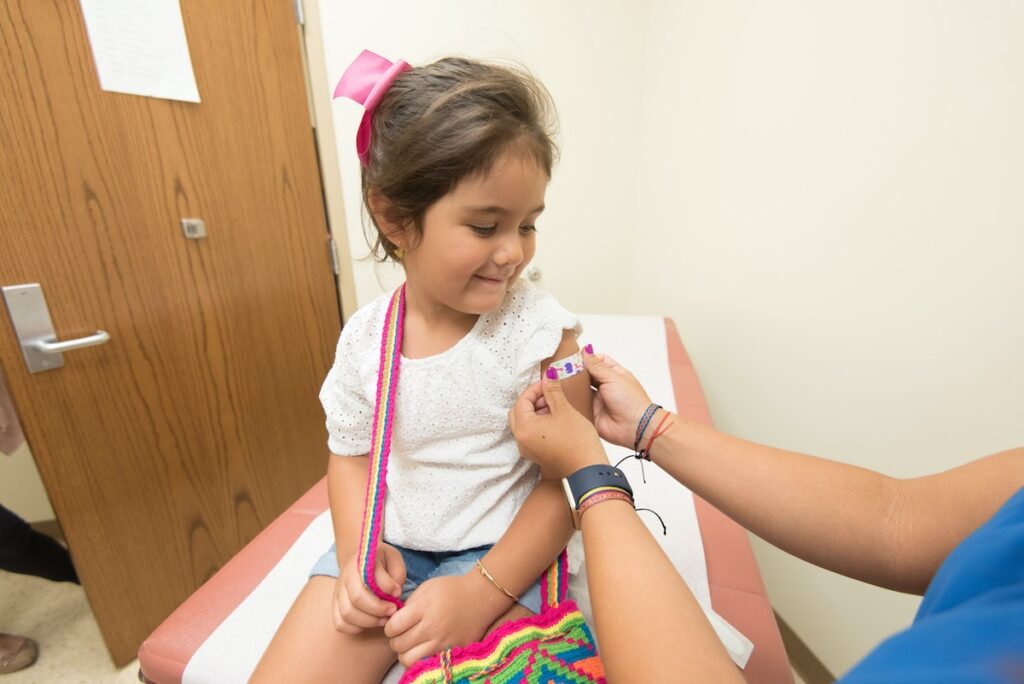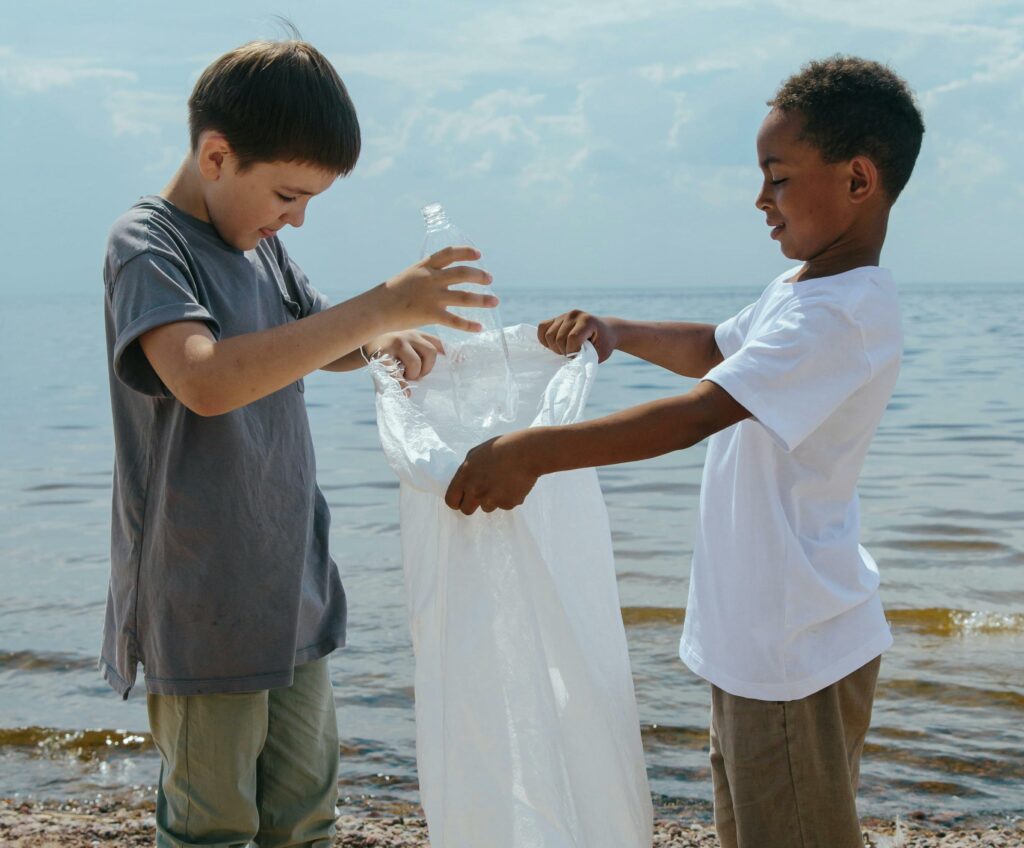Lead exposure in young children remains a significant health concern, which is why Pediatrics West screens all children at their 2-year check-up.
There is no safe level of lead exposure. Lead is a neurotoxin, meaning it is poisonous to the nervous system, brain, and nerves. It can be found in a lot of places, but you can’t usually see it without testing for it.
While lead poisoning rates have dropped significantly since the ’70s, thousands of children are still affected each year. And because children are more susceptible to lead, it’s important for parents to be aware of the risks and how to prevent exposure to it.
Lead Poisoning Risks for Children
Lead is particularly dangerous for children under 6 years old. Their developing brains and bodies absorb lead more easily than adults, and their normal hand-to-mouth behavior increases exposure risk.
Even low levels of lead exposure can cause serious health problems, including:
- Learning difficulties and decreased IQ
- Behavioral problems and ADHD-like symptoms
- Delayed growth and development
- Hearing and speech problems
- In severe cases, seizures and other neurological issues
Is Your Child at Risk for Lead Poisoning?
Several factors can put your child at higher risk for lead exposure:
- Living in or regularly visiting homes built before 1978, when lead paint was banned
- Recent renovations in older homes that can stir up old lead paint
- Your home had lead pipes (lead is a dull gray color and is a softer metal, so can be scratched with metal)
- Living near heavily trafficked roads or industrial areas
- Family members who work with lead (construction, battery manufacturing, auto repair)
- Using imported toys, jewelry, pottery, or traditional medicines
Lead in Water: A Critical Concern for Babies
The Flint, Michigan water crisis in 2014 highlighted how vulnerable our water systems can be to lead contamination. Thousands of children were exposed to dangerous lead levels through the city’s drinking water, leading to widespread health impacts that continue today.
The only way to detect lead in water is to have it tested—you can’t smell, taste, or see it.
Water safety is particularly critical for formula-fed babies. Always prepare formula using cold tap water, not hot. Hot water dissolves more lead from pipes and typically sits in the plumbing system longer. Run cold water for 1-2 minutes before collecting it for formula preparation, then heat it separately if needed. If you’re concerned about your water quality, consider using filtered or bottled water.
Protecting Your Child from Lead Exposure
You can’t see lead. But, you can take these steps to minimize lead exposure.
No matter your home’s age, you should:
- Wash children’s hands frequently, especially before eating and after playing outside
- Clean floors with wet mops and windowsills with wet cloths
- Remove shoes before entering the house
- Serve foods rich in calcium and iron, which can help prevent lead absorption
- If using tap water for formula, drinking, or cooking, only use cold water. If possible, use a “NSF certified” filter to remove lead
If you live or visit homes or buildings built before 1978:
- Have your home tested if it was built before 1978
- If doing home renovations in a home with lead, hire a certified contractor, seal off construction zones, and keep kids away until everything, including dust, is cleaned up
- Keep children away from peeling paint
- Don’t let kids play in dirt next to older homes
Lead Screening at Pediatrics West
At Pediatrics West, we’re committed to identifying potential lead exposure early when intervention is most effective. We screen all children at their 2-year check-up, regardless of risk factors.
The screening is done through a quick and simple blood test:
- A small finger prick to collect a blood sample
- You’ll get results back in about two weeks
If elevated levels are found, we’ll create a management plan that may include:
- Follow-up testing
- Home evaluation
- Dietary recommendations
- Referral to specialists if needed
Resources and Support
Prevention and early detection are the best tools we have in protecting children from lead exposure. If you have concerns about potential lead exposure, don’t wait for your child’s next scheduled appointment at Pediatrics West to discuss them with us. Call us at (720) 284-3700 or schedule a visit on MyChart.
You can also visit these resources:
– Denver Water Free Water Test Kit
– The EPA’s Safe Drinking Water Hotline: 1-800-426-4791


